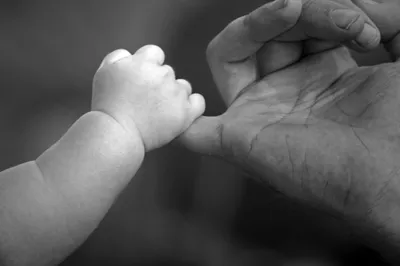
The anonymous child inherited the HIV virus from her mother, who is HIV-positive and did not receive any treatment during her pregnancy. In most cases physicians wait at least six weeks following birth to start treating an HIV infection in a newborn. But in this case doctors at the University of Mississippi Medical Center began an aggressive treatment plan just thirty hours following the child’s delivery.
Physicians then monitored the child closely, watching as the virus steadily declined. Less than a month following the child’s birth the virus was undetectable — appearing to represent a monumental victory for HIV and AIDS research.
Physicians continued to treat the child for the next seventeen months. At that point the child’s mother ceased her daughter’s treatment and disappeared with the child. Not until five months had passed were doctors able to locate the child and test her for the HIV virus. To everyone’s relief, the virus was still undetectable.
That led researchers to posit that an aggressive treatment plan shortly after birth could help a newborn with HIV overcome the virus. However, in recent days bloodwork has shown that the child’s HIV infection has returned. It’s a development HIV researchers call “very disappointing”.
Still, there’s reason to be hopeful. The child, who is nearing her fourth birthday, has resumed treatment and early signs are encouraging. In fact, physicians believe treatment could result in the virus becoming virtually undetectable — though not quite gone — once again.



